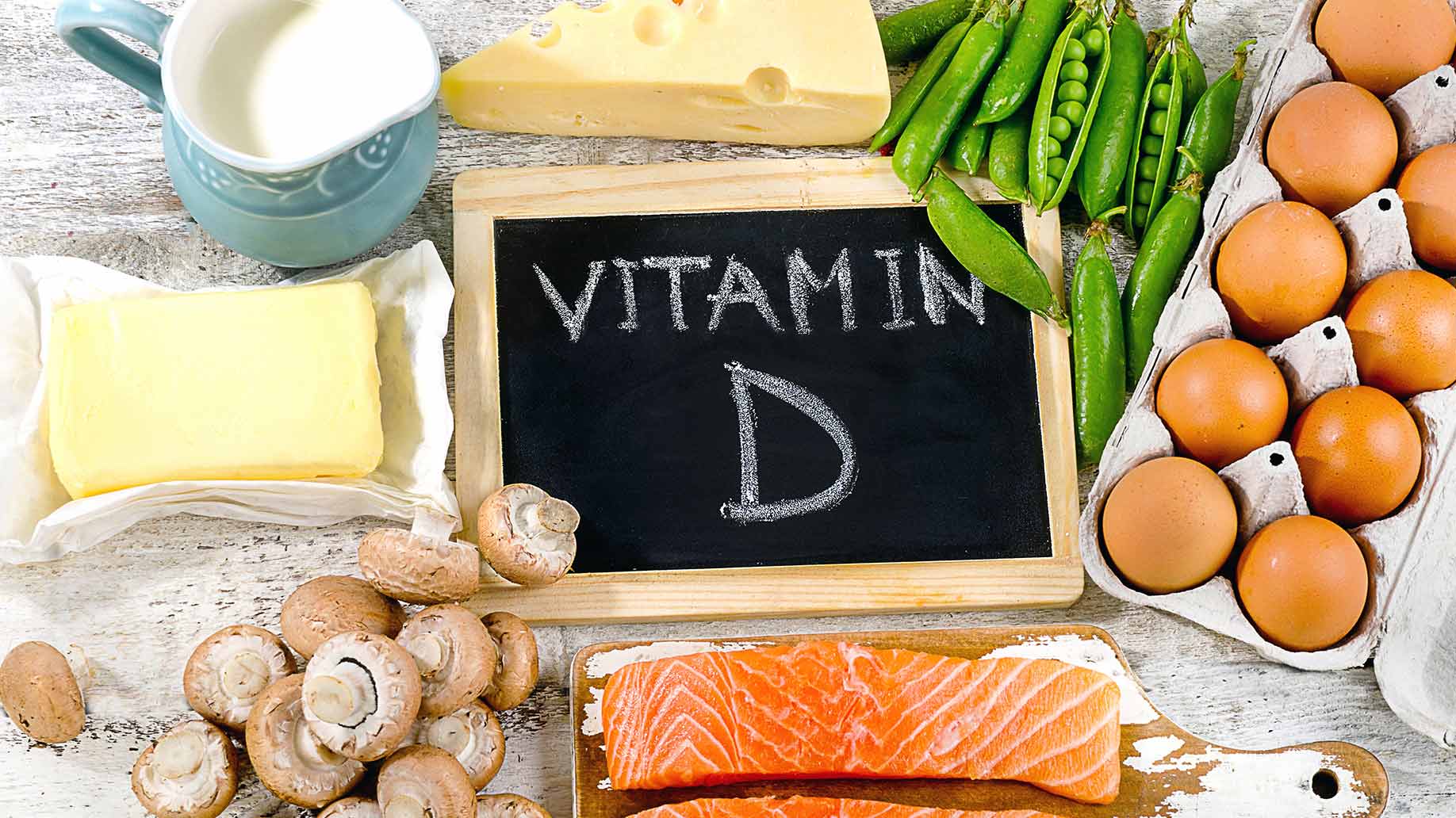Introduction
Muscle repair is a crucial process for maintaining physical health, whether you’re an athlete pushing your limits or simply engaging in regular exercise. After a workout or injury, your muscles undergo repair and recovery to become stronger and more resilient. While protein and other nutrients play a well-known role in muscle repair, vitamins are also vital for this process. This guide explores the essential vitamins involved in muscle repair, their mechanisms of action, and how to ensure you’re getting enough of them for optimal recovery.
Key Vitamins for Muscle Repair
Vitamin A
Vitamin A is well-known for its role in vision and immune function, but it also plays a critical role in muscle repair. It helps in the synthesis of collagen, a protein essential for tissue repair and regeneration. Collagen is a major component of muscle tissues, tendons, and ligaments.
Sources: Vitamin A can be found in foods like sweet potatoes, carrots, spinach, and liver. It is also available in supplement form.
Role in Muscle Repair: Vitamin A supports the repair of muscle tissue by aiding collagen synthesis and promoting cell differentiation. This ensures that muscle cells can repair and regenerate effectively after exercise or injury.
Vitamin C
Vitamin C is renowned for its antioxidant properties, but it also plays a significant role in muscle repair. It aids in the synthesis of collagen, which is crucial for repairing connective tissues and muscles.
Sources: Citrus fruits (oranges, grapefruits), strawberries, bell peppers, and broccoli are excellent sources of Vitamin C.
Role in Muscle Repair: By supporting collagen synthesis and reducing oxidative stress, Vitamin C helps maintain the integrity of muscle tissues and promotes faster recovery after exercise.
Vitamin D
Vitamin D is essential for bone health, but it also impacts muscle function. It plays a role in muscle contraction and strength by influencing the calcium levels in muscles.
Sources: Sunlight exposure is a primary source of Vitamin D, but it can also be obtained from fatty fish, fortified dairy products, and supplements.
Role in Muscle Repair: Adequate Vitamin D levels support muscle function and strength, which are important for effective muscle repair and recovery. It also helps in maintaining bone health, which indirectly supports muscle function.
Vitamin E
Vitamin E is another powerful antioxidant that helps protect muscle cells from oxidative damage caused by intense exercise. It also supports immune function, which is crucial for recovery and repair.
Sources: Nuts, seeds, spinach, and vegetable oils are rich in Vitamin E.
Role in Muscle Repair: Vitamin E aids in reducing muscle damage and inflammation, facilitating a faster recovery process. Its antioxidant properties help in mitigating the oxidative stress that occurs during and after physical activity.
Vitamin B Complex
The Vitamin B complex includes several vitamins that play a role in muscle repair and recovery. Here are some key members:
- Vitamin B1 (Thiamine): Helps convert carbohydrates into energy, which is essential for muscle function and repair.
- Vitamin B6 (Pyridoxine): Involved in protein metabolism and the synthesis of neurotransmitters that aid muscle recovery.
- Vitamin B12 (Cobalamin): Supports red blood cell formation and nerve function, which are crucial for muscle health and repair.
Sources: Whole grains, meat, eggs, dairy products, and legumes are good sources of B vitamins.
Role in Muscle Repair: B vitamins support energy production, protein metabolism, and nerve function, all of which contribute to effective muscle repair and recovery.
How Vitamins Aid in Muscle Repair
Collagen Synthesis
Collagen is a key protein in muscles, tendons, and ligaments. Vitamins A and C are crucial for collagen synthesis. Vitamin C, in particular, directly aids in the formation of collagen fibers, which help repair and rebuild muscle tissue.
Antioxidant Protection
Exercise generates oxidative stress, which can damage muscle cells. Vitamins E and C provide antioxidant protection, neutralizing free radicals and reducing oxidative damage. This helps in minimizing muscle inflammation and promotes faster recovery.
Calcium Regulation
Vitamin D plays a role in regulating calcium levels in the body. Calcium is essential for muscle contraction and function. Adequate Vitamin D ensures that calcium is effectively utilized, supporting muscle strength and repair.
Energy Production
B vitamins are integral to the process of converting carbohydrates, fats, and proteins into energy. This energy is necessary for muscle repair and recovery, as it fuels the repair processes and supports overall muscle function.
Ensuring Adequate Vitamin Intake
To support muscle repair and overall health, it’s important to include a variety of vitamin-rich foods in your diet. Here are some tips for ensuring you get enough of these essential vitamins:
- Balanced Diet: Incorporate a range of fruits, vegetables, lean proteins, and whole grains into your diet. This will help you obtain a broad spectrum of vitamins.
- Supplementation: If you have specific deficiencies or increased needs due to intense exercise or health conditions, consider supplements. Consult with a healthcare provider before starting any new supplement regimen.
- Sun Exposure: For Vitamin D, aim for regular sun exposure. In areas with limited sunlight, consider Vitamin D supplements or fortified foods.
FAQs
What role does Vitamin A play in muscle repair?
Vitamin A supports muscle repair by aiding in collagen synthesis, which is crucial for the regeneration of muscle tissues and connective tissues.
How does Vitamin C contribute to muscle recovery?
Vitamin C promotes collagen synthesis and reduces oxidative stress, both of which are essential for maintaining muscle integrity and speeding up recovery.
Why is Vitamin D important for muscle function?
Vitamin D is vital for calcium regulation, which affects muscle contraction and strength. Adequate levels help ensure effective muscle function and repair.
What are the benefits of Vitamin E for muscles?
Vitamin E provides antioxidant protection, reducing oxidative damage and inflammation in muscle cells, which facilitates quicker recovery after exercise.
How do B vitamins support muscle repair?
B vitamins are involved in energy production, protein metabolism, and nerve function, all of which contribute to effective muscle repair and recovery.
Can I get enough of these vitamins from diet alone?
A well-balanced diet can provide most of the necessary vitamins. However, in some cases, supplementation may be needed to meet higher demands or address deficiencies.
How can I increase my Vitamin D intake?
You can increase Vitamin D intake through sunlight exposure, fatty fish, fortified dairy products, and supplements if necessary.
What foods are rich in Vitamin C?
Vitamin C can be found in citrus fruits, strawberries, bell peppers, broccoli, and other colorful fruits and vegetables.
Are there risks associated with taking too many vitamin supplements?
Yes, excessive intake of vitamin supplements, especially fat-soluble vitamins like A, D, and E, can lead to toxicity. It’s important to follow recommended dosages and consult a healthcare provider.
How can I know if I have a vitamin deficiency?
Signs of vitamin deficiencies can include fatigue, muscle weakness, poor recovery, and other symptoms. A healthcare provider can perform tests to diagnose deficiencies and recommend appropriate treatments.
Conclusion
Vitamins play a crucial role in muscle repair by supporting collagen synthesis, providing antioxidant protection, regulating calcium levels, and aiding in energy production. Incorporating a variety of vitamin-rich foods into your diet and considering supplementation when necessary can help ensure optimal muscle repair and recovery. Remember, maintaining a balanced diet and consulting with healthcare professionals can help you manage your vitamin intake effectively and support your overall muscle health.
- What Are The Dark Side Of Fillers? - May 22, 2025
- Jaw Fillers For A Defined Jawline Near Thorpe, Surrey - May 22, 2025
- Traptox Aka Trapezius Botox Treatment Near Chobham, Surrey - May 21, 2025



